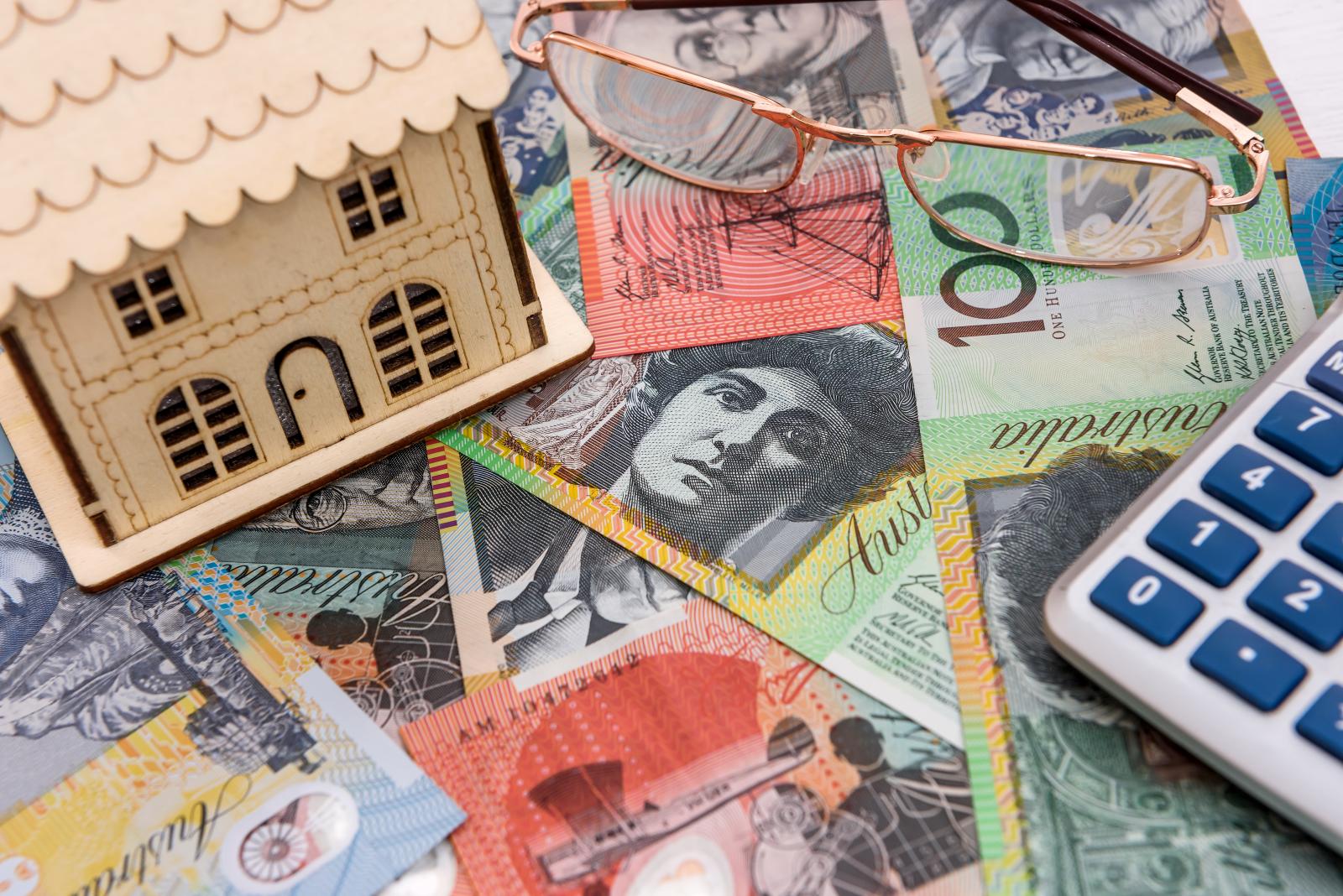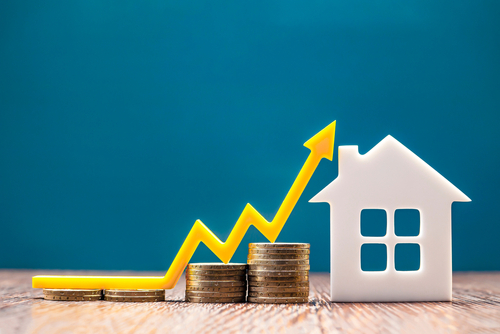But some commentators were quick to point out that the annual figures are compared with the end of the initial Stamp Duty holiday last year.
It is also worth noting that the Land Registry figures will typically reflect activity from up to the previous two months.
Monthly growth also rose by 2% in July from a decrease of 4.8% a month before to give an average UK house price of £292,118.
House price growth was strongest in the South West where prices increased by 20.7% in the year to July 2022. The lowest annual growth was in London, where prices increased by 9.2% in the year to July 2022.
Monthly growth also rose by 2% in July from a decrease of 4.8% a month before to give an average UK house price of £292,118.
Commenting on the data, Tom Bill, head of UK residential research at Knight Frank, said: “The large jump in house prices recorded in July tells us more about how a Stamp Duty holiday can alter the course of the housing market than where prices are headed next.
“The new government’s energy support package combined with record low unemployment will help oil the wheels of the property market but rising mortgage rates will ultimately curb the double-digit price growth seen over the last two years although we don’t expect prices to fall.
“The government is effectively in pre-election mode and further tax cuts will benefit the housing market in the short-term. The risk is that fiscal largesse today means rates will eventually need to rise faster.”
Karen Noye, mortgage expert at Quilter, added: “This is the highest UK annual inflation rate since May 2003.
“While this increase appears stark at first glance, it is worth noting the jump was largely as a result of the fall in prices seen this time last year due to changes to the stamp duty holiday. Even still, the average UK house price now sits at £292,000 – a whopping £39,000 higher than this time last year.
“The housing market has so far remained resilient despite the ongoing cost-of-living crisis. While the latest UK inflation data released this morning showed a slight fall to 9.9% last month, a higher peak is still expected to materialise over the coming months and as such the Bank of England is expected to continue hiking interest rates and the current resilience may well falter as a result.”
She predicted that buyers will become more cautious as interest rates and energy bills rise, adding: "While Prime Minister Liz Truss has now introduced a £2,500 cap on energy prices, many will still feel the squeeze financially and this could put a halt on people’s plans to move home.
“Whether these ongoing issues translate into a fall in house prices will not be seen for some time yet, though this may well be the case if the winter proves to be as difficult as predicted.”
Richard Davies, managing director of agent Chestertons, suggested the housing market is being supported by those looking to lock-in deals before mortgage rates rise further.
He said: “In July, we saw a clear uplift in the number of viewings and the number of buyers registering with our branches. This increase in market activity suggests that, despite economic challenges and the changes to mortgage rules, buyer appetite remained strong.”
“One driving factor behind house hunters wanting to move sooner rather than later are interest rates. With the Bank of England putting up rates more than once this year, buyers have established a stronger sense of urgency.
“After many house hunters put their search on hold or changed priorities over the past two years, we have since been registering enquiries from families wanting to finally make their move a reality as well as international students, international buyers and office workers who require a pied-à-terre closer to work again.”
















.png)


.png)




Join the conversation
Jump to latest comment and add your reply
All these figures are worthless
1989 - I'm sitting at the top of the roller coaster!
Please login to comment